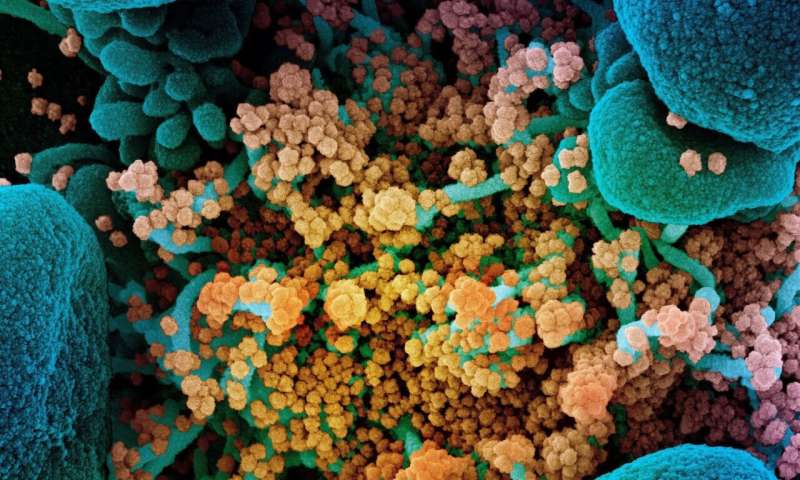#Enhancing the effect of protein-based COVID-19 vaccines

Table of Contents
“Enhancing the effect of protein-based COVID-19 vaccines”

Ironically, some vaccines need their own “boosters.” Adding an ingredient called an adjuvant can help vaccines elicit a more robust immune response, better training the body to fight a pathogen. In a new study in ACS Infectious Diseases, researchers report a substance that boosted the immune response to an experimental COVID-19 shot in mice by 25 times, compared to injection with the vaccine alone.
Although the first COVID-19 shots authorized in the U.S. apply cutting-edge genetic technology, the tried-and-true strategy of using proteins from the pathogen can produce vaccines that are less expensive to make and easier to store. So far, the U.S. Food and Drug Administration has authorized only one protein-based vaccine, made by Novavax, against SARS-CoV-2. However, many currently available inoculations against other diseases rely on proteins or pieces of them, and these shots contain adjuvants to enhance their effect. Researchers have found that molecules derived from α-galactosylceramide (αGC), a compound from marine sponges, can act as adjuvants by stimulating a small population of immune cells important for defending the body against viral infections. Rui Luo, Zheng Liu and their colleagues wanted to see if they could devise a version of αGC to significantly boost the immune response elicited by a protein-based COVID-19 vaccine.
The team made four analogs of αGC and added each to an experimental vaccine containing a piece of SARS-CoV-2’s spike protein, which the virus uses to infect cells. The researchers gave mice three injections over 29 days and tracked their immune response out to 35 days. To measure the effects of the adjuvants, they looked at various aspects of immune function, including two ways the immune system eliminates pathogens: through antibodies, which are immune proteins that latch onto an invader, and T cells, which kill diseased cells. None of the four meaningfully enhanced the T cell response, but all of them produced antibodies with a much greater capacity for interfering with the virus. The analog called αGC-CPOEt led to the production of antibodies with the greatest neutralizing capacity—25 times greater than what the vaccine could elicit without an adjuvant.
These results suggest αGC-CPOEt merits further investigation as a potential adjuvant to fight COVID-19 and other infectious diseases, the researchers say.
EU watchdog reviewing SK Chemicals anti-Covid jab
A new iNKT-cell agonist-adjuvanted SARS-CoV-2 subunit vaccine elicits robust neutralizing antibody responses, ACS Infectious Diseases (2022). DOI: 10.1021/acsinfecdis.2c00296
Citation:
Enhancing the effect of protein-based COVID-19 vaccines (2022, August 31)
retrieved 31 August 2022
from https://medicalxpress.com/news/2022-08-effect-protein-based-covid-vaccines.html
This document is subject to copyright. Apart from any fair dealing for the purpose of private study or research, no
part may be reproduced without the written permission. The content is provided for information purposes only.
If you liked the article, do not forget to share it with your friends. Follow us on Google News too, click on the star and choose us from your favorites.
For forums sites go to Forum.BuradaBiliyorum.Com
If you want to read more Like this articles, you can visit our Science category.


